EDITORIAL
Published on 25 Nov 2022
Editorial: Pediatric cardiology and cardiac surgery in developing countries: Current needs and future perspectives
doi 10.3389/fped.2022.1067193
- 1,314 views
- 1 citation
8,241
Total downloads
38k
Total views and downloads
EDITORIAL
Published on 25 Nov 2022
ORIGINAL RESEARCH
Published on 11 May 2022
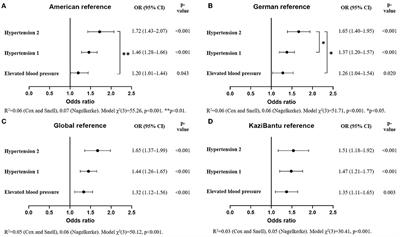
ORIGINAL RESEARCH
Published on 25 Apr 2022
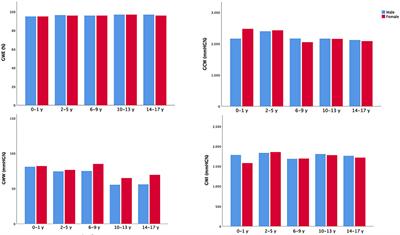
ORIGINAL RESEARCH
Published on 04 Mar 2022
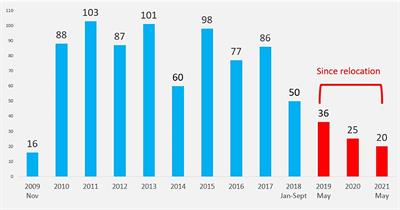
ORIGINAL RESEARCH
Published on 02 Mar 2022
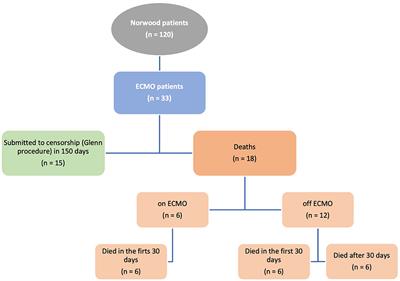
POLICY AND PRACTICE REVIEWS
Published on 03 Feb 2022
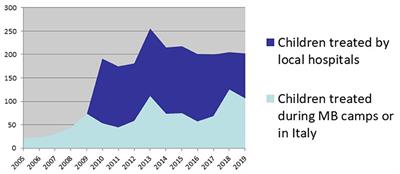
ORIGINAL RESEARCH
Published on 24 Dec 2021

ORIGINAL RESEARCH
Published on 29 Nov 2021

BRIEF RESEARCH REPORT
Published on 28 Oct 2021

ORIGINAL RESEARCH
Published on 20 Oct 2021

PERSPECTIVE
Published on 20 Aug 2021

ORIGINAL RESEARCH
Published on 05 Aug 2021

